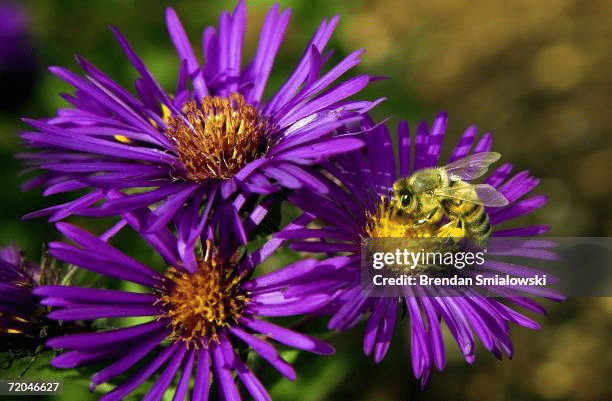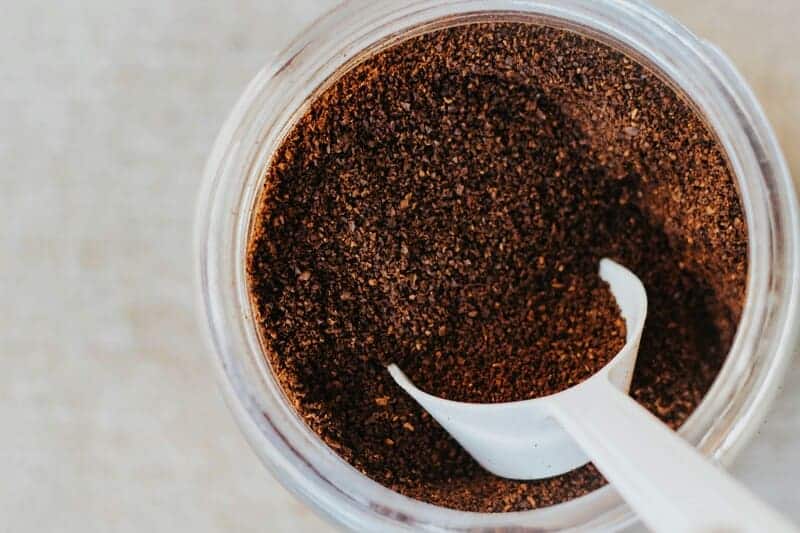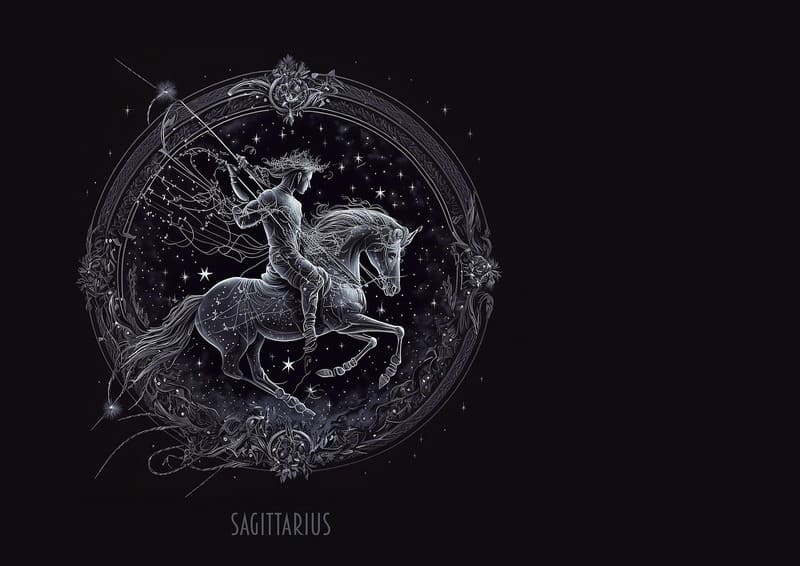When choosing plants and flowers for a garden, you’ll likely pick them based on their beauty; ability to produce fruits, vegetables, or other edible crops; or personal meaningfulness to you. What you may not be considering but what’s equally important is deciding whether to pick non-native or native plants.
While native and non-native plants can both provide beautiful blooms and food to eat, native plants offer many benefits to your garden that non-native ones rarely match. Since plants native to your region are already adapted to the natural conditions of the area where you live, they’re often easier to maintain, more attractive to important native wildlife species, and more able to support a diverse ecosystem. With all the benefits native plants can provide, you should definitely grow them in your garden.
Defining What Makes Plants Native
Depending on how you look at them, there are a few different ways to define what plants qualify as native. Native plants can be defined as ones that have evolved over hundreds or thousands of years in a particular area or ecosystem. They might also be considered any plants that were found in a particular region before outside settlement or colonization; for example, native plants in the United States are those that were found within the modern country’s borders before European settlement.
Since wind, water, animals, and humans have transported plants all over the place and naturalized them across broad swathes of land, some define native plants more by their function in the ecosystem rather than their geographic points of origin. Under this definition, native plants are ones that native insects like monarch butterflies and honeybees depend on for food. Native plants have adapted alongside these insects and other plants and animals native to their regions to form a sustainable, interconnected ecosystem.
They Require Less Maintenance
Native plants have spent centuries or millennia adapting to the soil conditions and local climates of their native regions. For this reason, they require less maintenance to grow and thrive compared to non-native plants that need to be acclimated to unfamiliar surroundings. Native plants don’t need fertilizer to grow since they’re already suited to the existing soil; they also don’t need pesticides since they naturally attract animals that eat pests.
Once they’re established, native plants also don’t require deadheading, pruning, mowing, or trimming to stay healthy and visually appealing the way non-native species often do. As you don’t need to buy fertilizers and pesticides, run a fossil fuel-powered lawnmower, or give them extra water to support them, native species also generally cost less to maintain than non-native ones.
They Support Important Pollinators
https://gty.im/2162015975
As they evolved alongside and in conjunction with these insects, native plants serve as an important food source for native pollinators like bees and butterflies. By pollinating these plants’ flowers, bees and butterflies not only get the food they need, but help the plants produce food for other animals like birds and humans (in the form of fruits and vegetables). These pollinators also attract predatory insects, birds, and spiders that prey on them and any pests that eat crops and vegetables. Native plants are the roots that support all other species in this food chain.
Around 90% of plant-eating insects are specialists, meaning that they usually only eat one certain type of native plant. If a garden doesn’t include any of those plants, it won’t attract those specialist insects to pollinate flowers and provide food for other animals like birds. Without these pollinating insects, that garden can become an ecological desert that can’t support essential wildlife. It’s clear to see why having native plants in your garden is critical to creating a diverse, abundant ecosystem.
They Can Improve The Soil And Air Around Them
Besides supporting an abundance of wildlife species, native plants can also improve the soil and air around them. In addition to requiring less water in order to grow and thrive, deep-rooted native plants can also help increase soil’s capacity to hold water, thus reducing water runoff and helping prevent erosion and flooding.
Other native species can break up clay soil to increase drainage and bring more air into the soil, both of which benefit themselves and other plants. Native species can also reduce carbon levels in the air by sequestering carbon inside them; they can also help you cut down on carbon emissions when gardening since they don’t need to be mowed using fossil fuel-burning mowers.
They Look Beautiful In Your Garden
On top of their benefits for native animal species and the ground and air around them, native plants provide another major benefit that most gardeners love: they look beautiful. They offer diverse visual appeal year-round since they’re built to handle the natural weather conditions of your region. If you plant different varieties of them next to each other, the striking contrasts between their diverse shapes and colors will not only attract pollinators and birds but also you and anyone who comes to visit.
Final Thoughts
As they’ve grown in your local regions for thousands of years, native plants have already adapted to meet the soil conditions and local climates that likely already exist in your garden, so they’re much easier to maintain than non-native plants. Native plants also provide many environmental benefits for your local ecosystem and all the animals that live within it, including you. If you want your garden to not only look beautiful but also support a diverse, abundant, and thriving ecosystem, you should incorporate all sorts of native plants into it.
For More Great Content
Are you desiring top-tier content that covers everything? From thrilling sports and intoxicating entertainment news to gaming tips and professional betting advice, Total Apex covers it all. Delve into our no-fluff articles to stay ahead of the game with the latest sports action, uncover the hottest trends in entertainment, and get the latest scoops in the gaming industry that will take your experiences to the next level.
Finally, our betting advice will give you a decisive edge over the competition and increase your odds of beating the books. Whether you’re looking to stay updated or gain a competitive edge, Total Apex is your one-stop shop for all things compelling and relevant. Don’t forget we cover Fantasy Sports, too!
Check out all our sites: Total Apex Sports, Total Apex Fantasy Sports, Total Apex Entertainment, Total Apex Sports Bets, and Total Apex Gaming. Out of the ashes of obscurity will rise a beast. Always remember to Respect The Hustle! Follow us on Twitter/X @TotalApexSports to stay informed.










